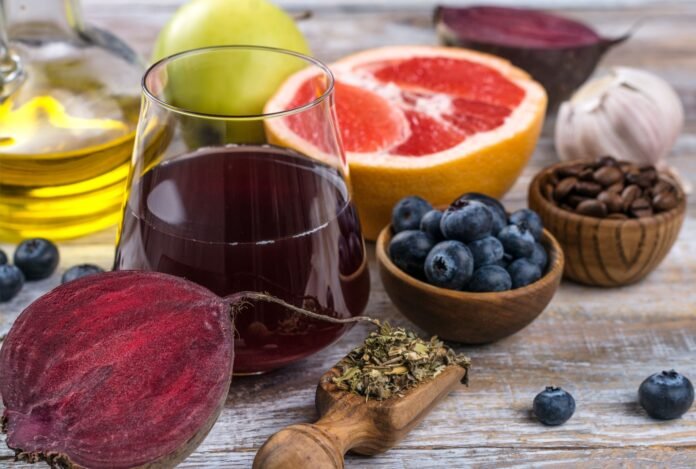The liver is a vital organ that performs essential functions to keep our body healthy. It detoxifies harmful substances, produces bile for digestion, and stores key nutrients. Supporting liver health is crucial, and incorporating the right foods and drinks can make a big difference. Here are nine scientifically-backed foods and beverages that promote liver health.
Coffee

Coffee is one of the most effective drinks for maintaining liver health. Studies consistently show that regular coffee consumption lowers the risk of chronic liver disease, cirrhosis, and liver cancer. A 2021 study revealed that drinking 3-4 cups daily can reduce the risk of liver disease complications. Coffee’s benefits include preventing fat and collagen buildup in the liver, reducing inflammation, and increasing antioxidant levels.
Green Tea
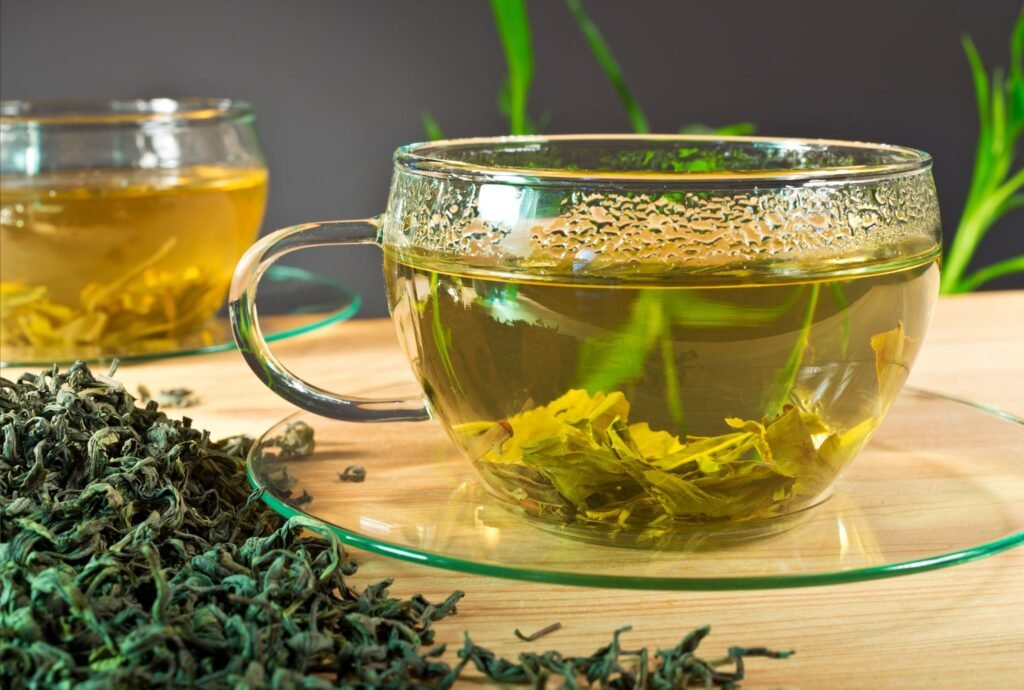
Green tea offers numerous health benefits, including liver protection. Research shows it can reduce liver enzymes like ALT and AST, which are markers of liver damage. A 2020 review highlighted that moderate green tea consumption supports people with nonalcoholic fatty liver disease (NAFLD). However, excessive intake of green tea extract supplements may harm the liver in rare cases.
Grapefruit
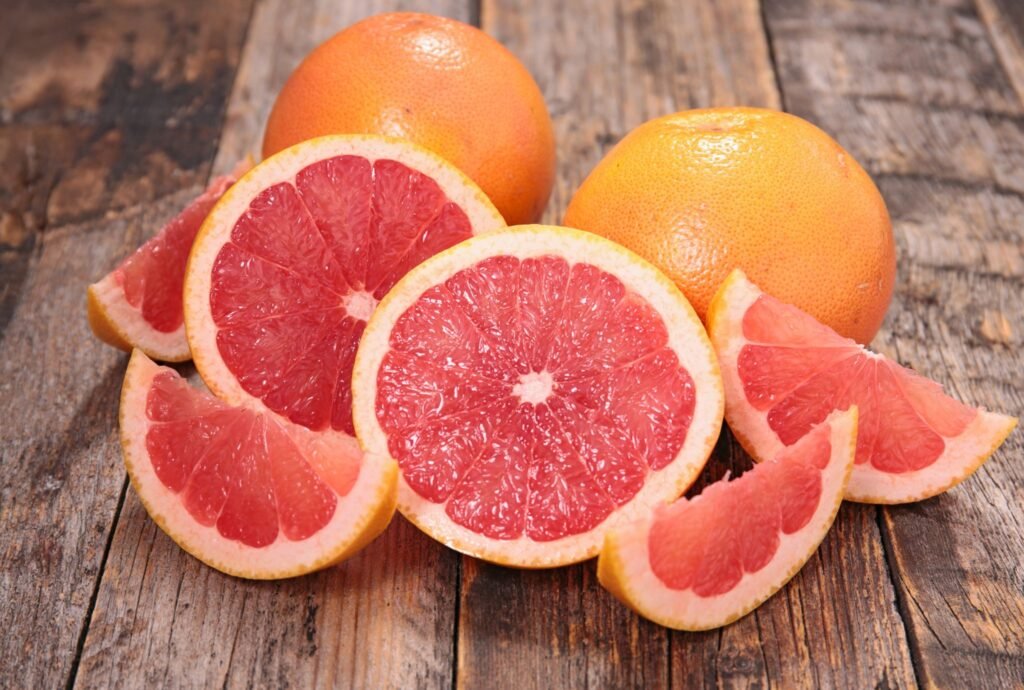
Grapefruit is rich in antioxidants such as naringenin and naringin, which help reduce inflammation and protect liver cells. These compounds have also been linked to a reduction in hepatic fibrosis, a condition caused by chronic liver inflammation. While most evidence comes from animal studies, grapefruit shows promise for human liver health. Caution is advised for individuals on medication due to potential interactions.
Nuts
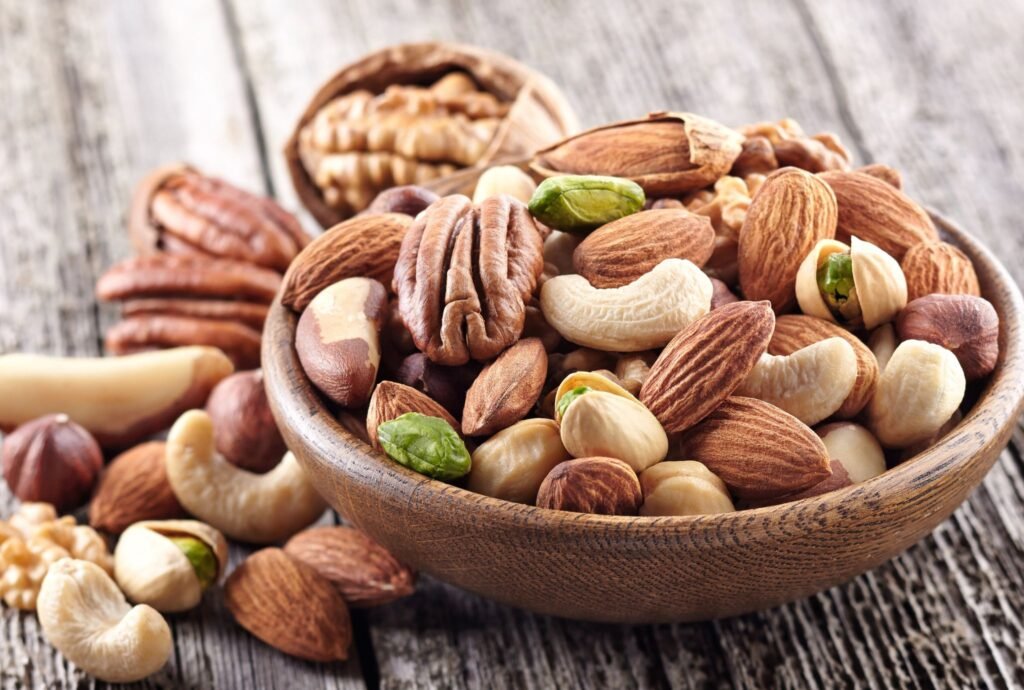
Nuts are packed with healthy fats, vitamin E, and antioxidants, all of which promote liver health. A 2019 study found that consuming more nuts is associated with a lower risk of NAFLD. Their anti-inflammatory and antioxidant properties help reduce oxidative stress, supporting overall liver function.
Oatmeal
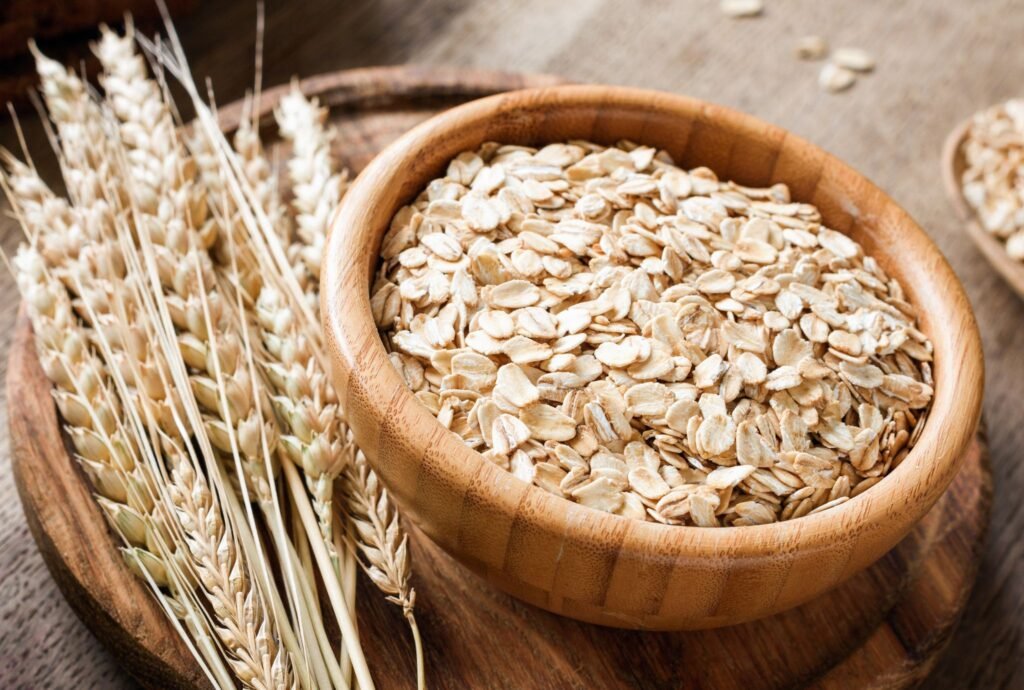
Oatmeal is an excellent source of beta-glucans, a type of fiber that supports liver health. Beta-glucans can boost immune function, reduce inflammation, and help combat obesity and diabetes, which are risk factors for liver disease. Adding oatmeal to your diet can help lower liver fat and improve overall liver health.
Berries
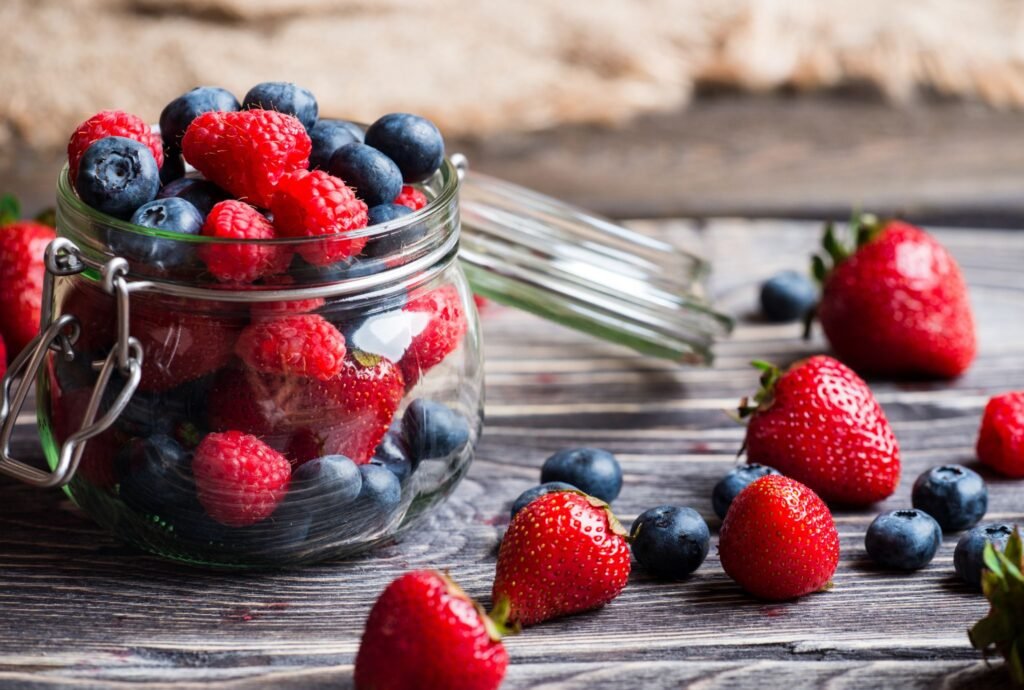
Berries, including blueberries and cranberries, are loaded with antioxidants called polyphenols that protect the liver. Animal studies have demonstrated that these antioxidants can reduce oxidative stress and liver fibrosis. A 2023 study showed that polyphenols in berries decreased liver damage in rats, suggesting they are a valuable addition to a liver-healthy diet.
Beetroot Juice
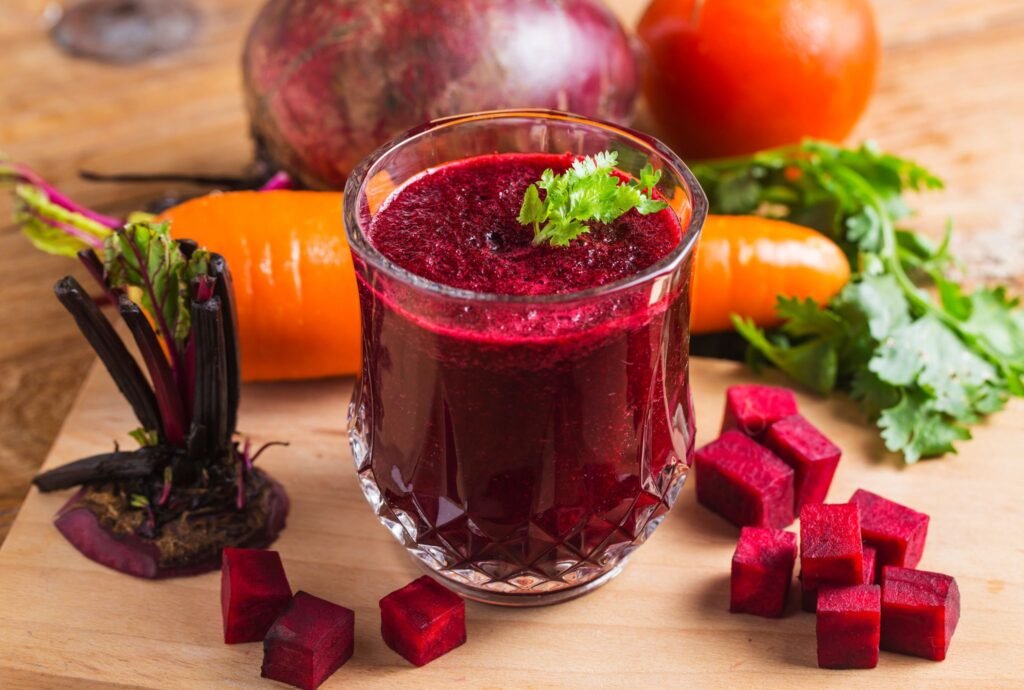
Beetroot juice is rich in nitrates and betalains, antioxidants that help reduce inflammation and oxidative damage in the liver. Animal research has produced promising results, but further studies are needed to confirm its benefits for human liver health.
Grapes
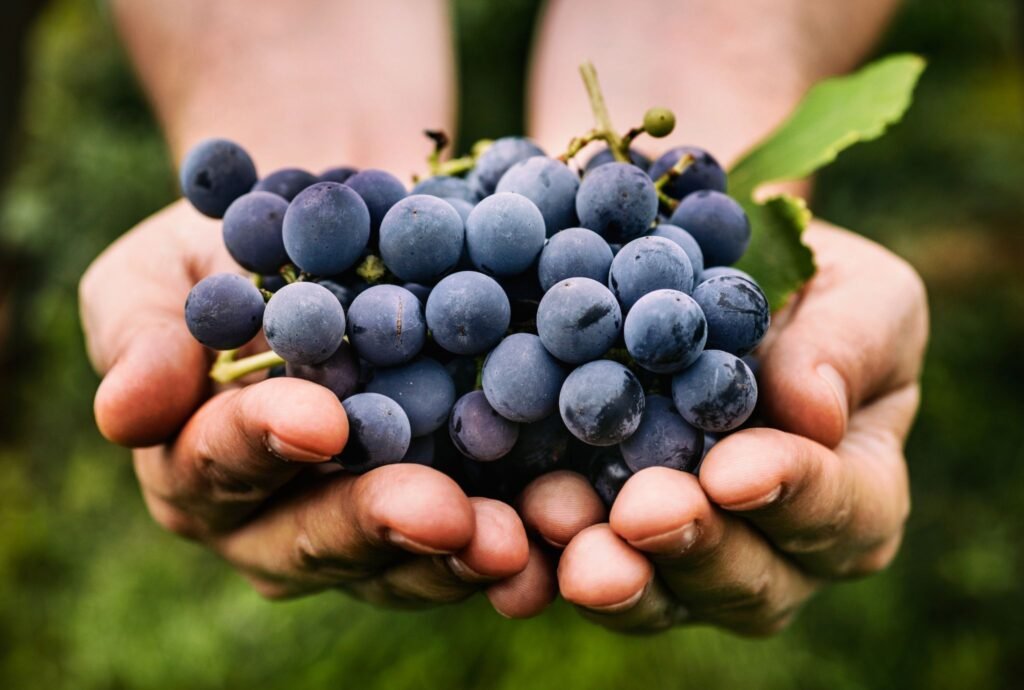
Red and purple grapes contain powerful plant compounds that support liver function. Research indicates that consuming grapes and grape juice can lower inflammation, increase antioxidant levels, and protect against cell damage. However, a 2022 study found that grape consumption had minimal impact on liver enzymes, warranting further investigation.
Prickly Pear
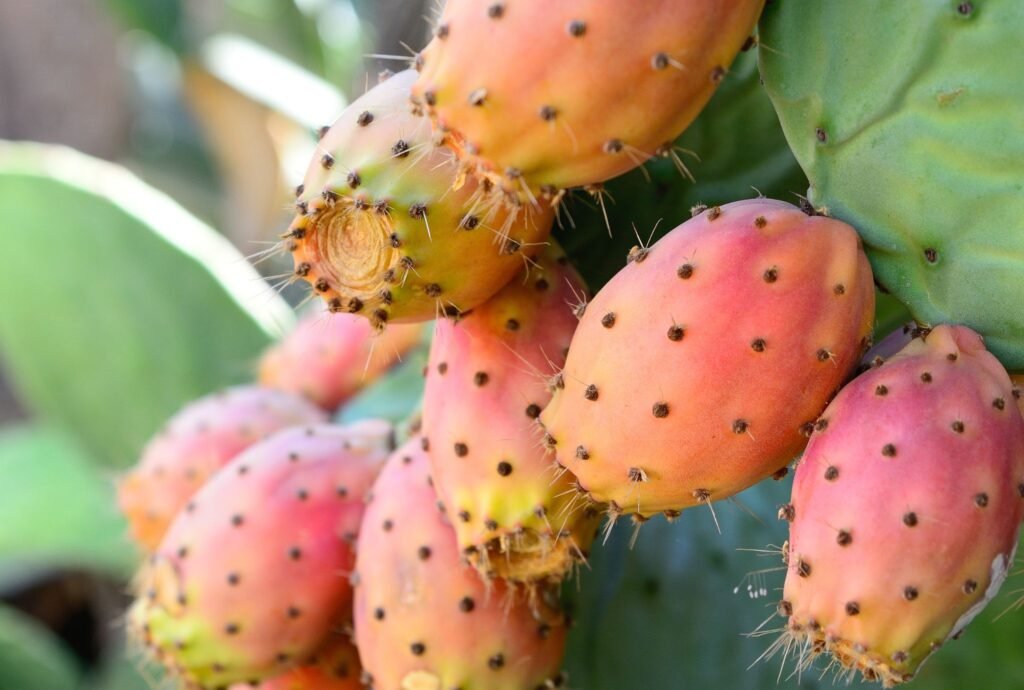
Prickly pear, a type of edible cactus, has long been used in traditional medicine to treat liver conditions. Studies show that prickly pear extract can reduce hangover symptoms and protect the liver from alcohol toxicity, thanks to its anti-inflammatory and antioxidant properties. More human studies are needed, but existing evidence highlights its potential liver benefits.
Conclusion
Incorporating these nutrient-rich foods and drinks—like coffee, green tea, grapefruit, nuts, and berries—into your diet can significantly support liver health. They help reduce inflammation, lower liver fat, and protect liver cells from damage. As always, consult a healthcare professional before making major dietary changes, particularly if you have existing liver conditions or health concerns.



